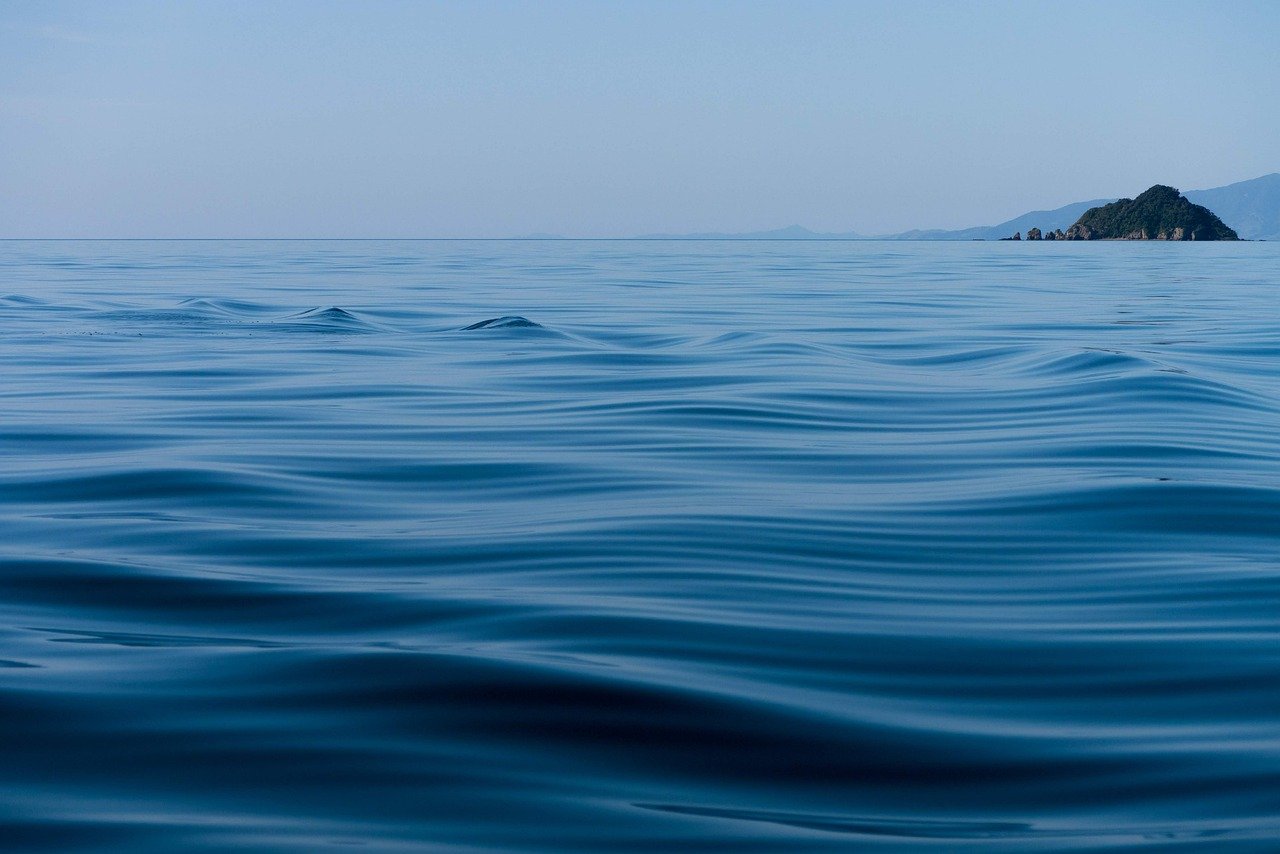One of the important teaching coming from Jesus and the Desert Fathers and Mothers is their insistence on not judging others. There are many passages in the Scripture, where Jesus advices us not to do so. You no doubt remember the passage in Matt 7: 1-5 about the ‘speck of sawdust in your brother’s eye and the plank in your own eye’ and there are many more passages I could quote – 37 in all I believe. We saw how St Mark brought the teaching of St Peter and St Paul to Alexandria. As the Desert Hermits were Gentiles, St Paul, who called himself ‘Apostle to the Gentiles’ (Rom 11:13) was very important to them. Especially as his Letters circulated several decades before the Gospels are written. They would have read in his letter to the Romans (2:1-3): “You therefore have no excuse, you who pass judgment on someone else. For at whatever point you judge another, you are condemning yourself, because you who pass judgment do the same thing.”
Coming to awareness can be quite painful. Therefore the ‘ego’ again throws up resistance, making us feel bored, tired and restless: Evagrius, like all the Desert Fathers, called this the ‘demon of acedia’. Rather than identifying this restlessness, boredom or other emotions as coming from the internal struggle of our own nature we try to find reasons for them in things outside ourselves. We tend to project this feeling of dissatisfaction out and blame others for what we did or did not do: It is the fault of our community, our parents, our society….. We try to justify the way we feel and behave with excuses, which seem plausible to us. We find a good example of this behavior in one of the stories from the Desert Fathers: “A brother was restless in the community and often moved to anger. So he said: ‘I will go and live somewhere by myself. And since I shall be able to talk or listen to no one, I shall be tranquil, and my passionate anger will cease.’ He went out and lived alone in a cave. But one day he filled his jug with water and put it on the ground. It happened suddenly to fall over. He filled it again, and again it fell. And this happened a third time. And in a rage he snatched up the jug and broke it. Returning to his right mind, he knew that the demon of anger had mocked him, and he said: ‘I will return to the community. Wherever you live, you need effort and patience and above all God’s help.”
Our tendency to gossip about, judge and criticize others is an important way we show our own unresolved conflicts: a clear sign that we have not yet ‘purified’ our emotions. It links us with our conditioning, ‘unmet needs’ and the resulting desires. As St Paul said above we judge and criticize others for the behaviour potentially our own. The Native American Bear Heart in his book The Wind is my Mother says: “Never point a finger of scorn or judgment at your fellow man because when you point, there are three fingers pointing back at you.” But not only is judging detrimental to us but in judging we also take a freeze-frame of others, denying them possible change, progress and growth. We trap them in a particular moment in time: “Abba Xanthias said, ‘The thief was on the cross and he was justified by a single word; and Judas who was counted among the number of the apostles lost all his labour in one single night and descended from heaven to hell.” (Stories from the Desert Fathers)
Meditation helps our awareness that we project out our own difficulties onto others grow gradually and in doing so not only transforms our consciousness but also our life. The gifts of meditation become part of who we are and help to make attitude to our fellow human beings more composed and balanced. With the benefit of this discipline we are gradually able to see ordinary reality unhindered by emotional burdens, conditioning and the survival drive. We reach “purity of heart…, a total acceptance of ourselves and of our situation….renunciation of all deluded images of ourselves, all exaggerated estimates of our own capacities, in order to obey God’s will as it comes to us.” (Thomas Merton).
Image by johnnyA_NZ from Pixabay





